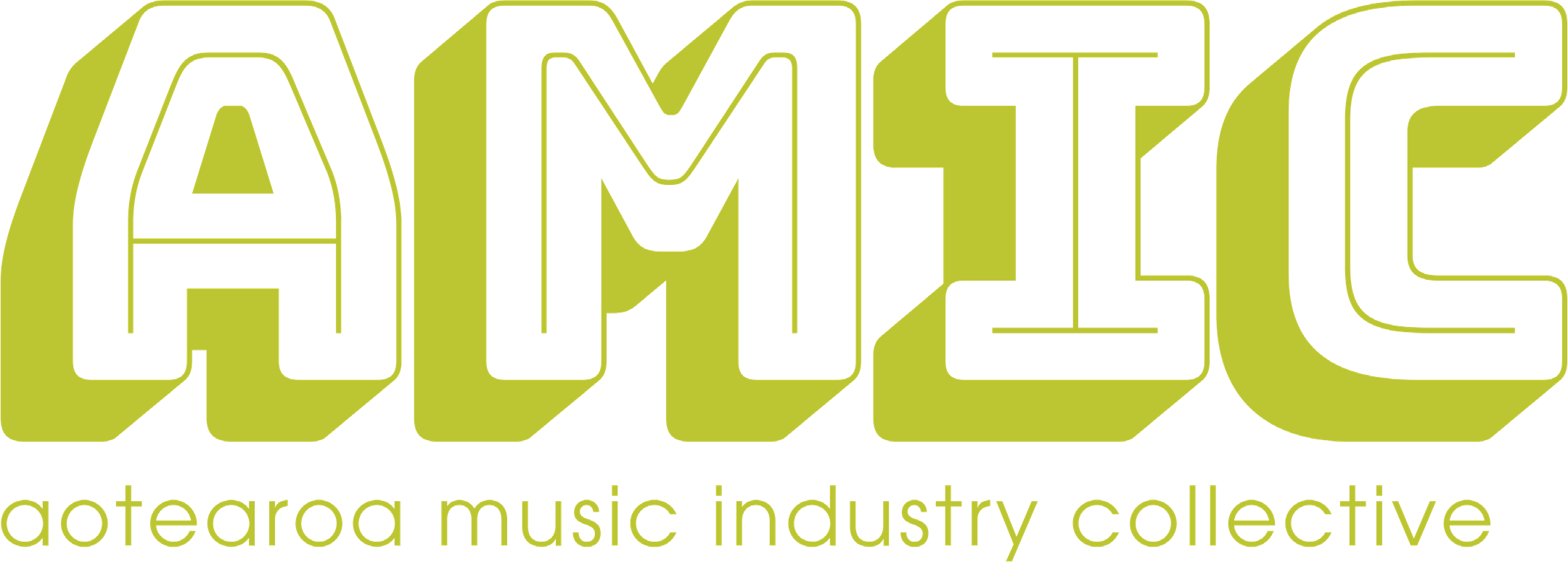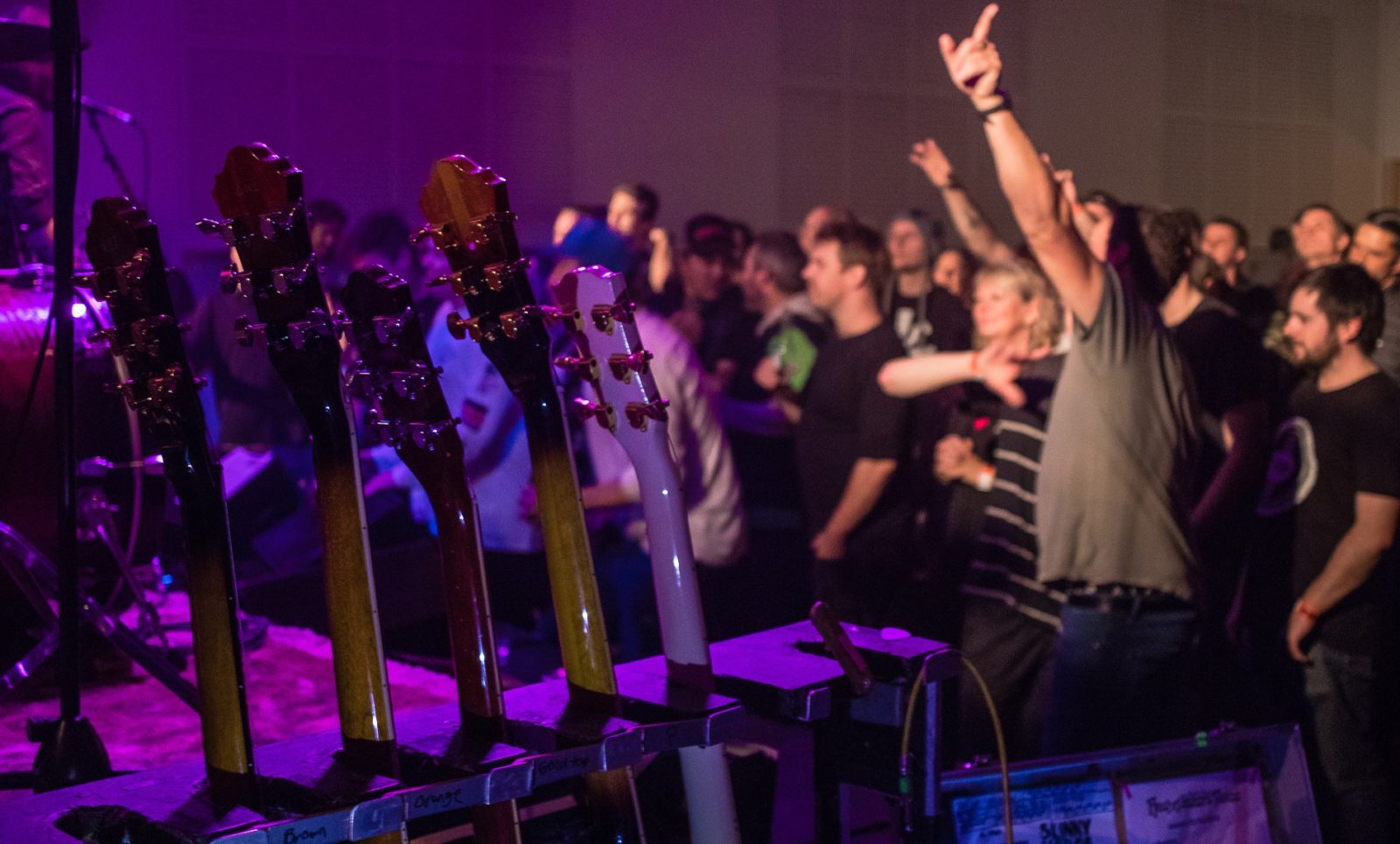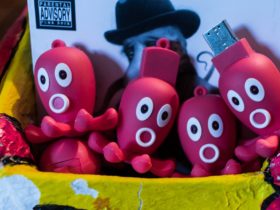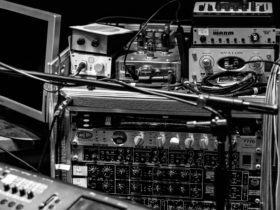Written by Ryan Kershaw.
Musicians often grow up with the pre-programmed notion of getting in a van and touring the country to be ‘discovered’.
Although touring is a great learning curve for any musician, the stories put out to the public by stars that ‘got discovered’ are a little like the size of the fish caught – the truth is stretched a little. Often, we find that getting discovered means having a friend or family connection, and that ‘discovery’ was part of the PR story, as was the new name for the artist.

Regardless, even with all of the professional help in the world – your career will still be full of ups and downs, as the image that people get of you is often made of highlights, not to mention filtered by their own prejudices and world views. They do not see all of the ups and downs – but you certainly feel them, as we all do, no matter how much fame or financial reward you receive in your career.
Being a musician, if you really love music, generally means being a musician for life. There are many people involved in the music industry who are very successful, and hopefully happy, whose name is not known by the majority. For example, think of a major music festival you know – who are 3 people that run the festival? Just because you don’t know their name does not mean that they aren’t successful, or that they aren’t having a great career in music. The same could be said about artists in various countries. A well-known musician in Ireland for example, is not necessarily going to be known in Australia, and vice-versa – though both would still be leading productive careers in their own right.
Here then are some ideas for the musician who would like a career in music, for the foreseeable future. Without getting pedantic about the necessity or meaning of the terms ‘career’, or ‘job’ or ‘successful’, acting positively on these points will help you if you wish to make your living from music:
1. Remember: M.S.I (Multiple Streams of Income)
For most musicians whose desire is to play original music, and who do so successfully, they will be putting their experience into different products, events, platforms and artistic creations. The good thing about this if you are not a “commercial” artist is that in this case, years spent developing skills and hard work devoted to your craft does count for something. And when one does observe musicians in the ‘star machine’, note that television appearances will be to promote a book or live appearance etc; not just performances.
Look at how you can set up multiple streams of income, so that if you do start to expand the team you work with, there will be a system in place and various places from which financial reward is available. If you despise the thought of thinking of things financially, you can give everything away for free but keep in mind that we are talking here about having music as your primary source of income, whilst still putting your heart and soul into your music. Whether you do so or not is up to you.
Here are just a few areas in which you can get paid for your music or musical knowledge:

- Have your music available to purchase online and/or in retail stores
- Session work
- Put your experiences, story or knowledge into a book
- Hold clinics alongside your shows (e.g. drum clinic, guitar workshop)
- Teaching music – many of the very talented professional musicians teach along with their performances and recordings
- Publishing – transcriptions, syncs etc
In the interest of keeping this article relatively short, I won’t go into detail about the above areas, but do take some time to read about outsourcing and delegation. Many musicians burn out because they are trying to micro-manage every single aspect of their music career themselves.
For simple ideas to not feel so alone, see my article here on ways having a partner in music can help you.
2. Stop banging your head against a brick wall
Perseverance is important but do remember that the invisible influences the visible and tangible, so do keep a check on when you need to rest as this will affect your energy to keep going.
Your dream might have been to get your song played on the big local station in your country. Many musicians send in their tracks and remain disheartened when that station won’t play their songs but fail to realize that the station receives money from paid advertising from Major record labels. In return for that advertising money, the artists from said label receive ‘A rotation’, or the majority of the plays. That could be one of the reasons why your music doesn’t get a look in, and you end up hearing the same tracks over and over again on that station.
Once one turns their energy into other stations or directions, the results will be much more positive and dwelling on that station will be a thing of the past.
If you are facing multiple rejections by a radio station, industry person or otherwise: stop banging your head against the wall and turn towards something else. You will have more positive energy to persevere in your career and work on other things. Even more importantly, you will retain the enthusiasm to play music and enjoy the process of being a musician. You might even be turned towards better stations or valuable discoveries with your music- it’s a big wide world out there, expand your awareness.
Do your actions match your priorities?

What is important to you? If you despise commercial music but complain that you aren’t getting played on Major radio stations, and put your time into trying to get played, can you see how that is not aligned? If you say that no-one helps you with your music but then scoff at the suggestion of lessons or coaching, can you see how that is not aligned?
The untwisting of internal contradictions is one of the most beneficial things you can sort in order to enjoy your career. Align your actions with the things that are truly important to you and you will start to make progress. Releasing the brakes – the mental baggage – will loosen that feeling of drag.
Exercise: What are 5 things that you could throw out or 5 things that you can stop doing, in order to give you more energy for what matters? I call it ‘releasing the brakes’. You might have your foot on the accelerator in terms of being productive and moving forward with your music/projects – but it’s hard to move forward with baggage. It is hard to move forward with your foot on the brakes. Release the brakes and get rid of the negative things holding you back today.
List those 5 things you need to get rid of or stop doing, now.
3. Have a price list

This simple task is good for artists of any medium who hope to make their living from their art. Make a price list. Some artists feel uncomfortable asking for money or find it hard to stand their ground when a buyer might try and haggle them to a lower price. In this case, having a price list already in place establishes what is expected before-hand and helps to strengthen the sense of value in what the artist does, both for the artist and the buyer. There is always going to be arguments for and against crossing art with commerce, but realistically if you are currently using money to buy your food or pay your rent, then it is necessary to think of these things and have it working for you rather than against you.
You can use your price list at your merchandise stand at shows, online and at clinics or workshops. You might also discuss the construction of a price list with your group if you are in a self-managed covers band or tribute act.
Exercise: Make your price list today. Make sure that your price list is clear and readily available for when you need to use it. As with all of the other aspects of how you run your operations, creation is important, but maintenance is of equal value. With this in mind, adjust prices and/or products on your list as changes are made.
4. Jump into bigger systems
With most awards shows, recipients have to belong to the host organisation, or have paid an entry fee. There may be exceptions, but this is a prime example of when being in a bigger system leads to further opportunities. Where you stand morally on the operations of different systems is another matter entirely and your perspective may very well change when you are on the inside of the system.
An example of where jumping into a bigger system can help you is in aligning your music or teaching practice with a retailer or brand. You can see this all of the time with sponsorships of recording artists. I always recommend this idea to the music teachers that I teach, as when you give your card or details to the local music store, they will generally have many more clients than you do. You can help each other – they hand out your details to people that want music lessons, and in return you direct your students to the shop when they need new strings, leads, resin, picks, reeds etc.
Here are some ways that you can jump into a bigger system:

- Align with a music retailer
- Work with sponsorship from a suitable brand/company
- Share what you do in a music organisation or association newsletter
- Provide columns/articles for larger platforms
- Get your music onto reputable playlists
- Intern with a music company
- Work experience with a music association
- Engage in working with schools and/or educational institutions
Exercise: List some specific bigger systems you know of, that you could link with.
5. The good news…
With the music business seen by many as being increasingly driven by corporations – both in operations and culture, it can feel overwhelming for the musician coming from the idea that talent, determination and skill alone will bring success as a musician. People expect so much for free and at times it can look almost impossible to make a living from music. It is possible. You can do it, and talent, determination and skill does count for something. It counts for having the ability to create art that means something to you. Not everyone has exercised their abilities to do that, so if you can do that – you are fortunate.
There have been a lot of musicians over the years whose image may have been received by a large audience as successful, but who actually felt like puppets – locked into perpetual contracts and dark business dealings.
Don’t chase status. Status is often based from an image that is bought: Magazine covers are bought out. Radio plays are bought out. Problem solving is not bought out. Creativity is not bought out.
Bill Burr, a successful comedian who also happens to be a musician, said it best when he said “Be undeniable”
Undeniable skill and continuous improvement means that you can be undeniable in what you do. With the risk of turning this into a cliched motivational article I will say that in my years in the music industry, as someone who has made their living since their teens solely from music, the Earl Nightingale quote “Instead of competing, all we need to do is create” has always seen me keep my ship on track in challenging waters – especially in the boardrooms of music organisations where uncontrolled ego can run rampant.
There is no cure-all for facing the obstacles of a music career, but successfully making your living from music takes a balance of the head and heart. Note that successfully making your living is not in financial rewards alone. There must be that sense of happiness within one’s career. Constantly focusing on achieving more without acknowledging the small positive moments in each day leads to burnout. Care… but don’t care too much.
There are many options when carving out a career from the music industry. Take a look at my Hidden Map To A Music Career to see just a few, and unless the best option is to stop altogether: put pen to paper, fingers to keyboard or voice to Dictaphone – and solve the problems you have at the moment, because they can be turned around, overcome and used to head in a better direction.
Start today to make the next small step in a journey that, despite the challenges, we are all fortunate to be in…
…the journey of a musician.
Author bio: Originally from New Zealand, Ryan Kershaw is a musician and music educator, author of “Use Your Buzz To Play The Guitar” and creator of the Musicians Confidence Course. He helped to strengthen the music education community in New Zealand by bringing organisations together including Music Education New Zealand Aotearoa, Smokefree Rockquest, and Independent Music New Zealand. He is the founder of the New Zealand Underground Festival, which provided New Zealand underground musicians with a platform to connect with the industry, and currently writes for The Guitar Association of New Zealand, Audioculture and Muzic.nz. Ryan is now based in Ireland and continues to record, play and teach music.
Web: ryan-kershaw.com Consultations available for musicians, music teachers and music organisations. Email: [email protected] to enquire






